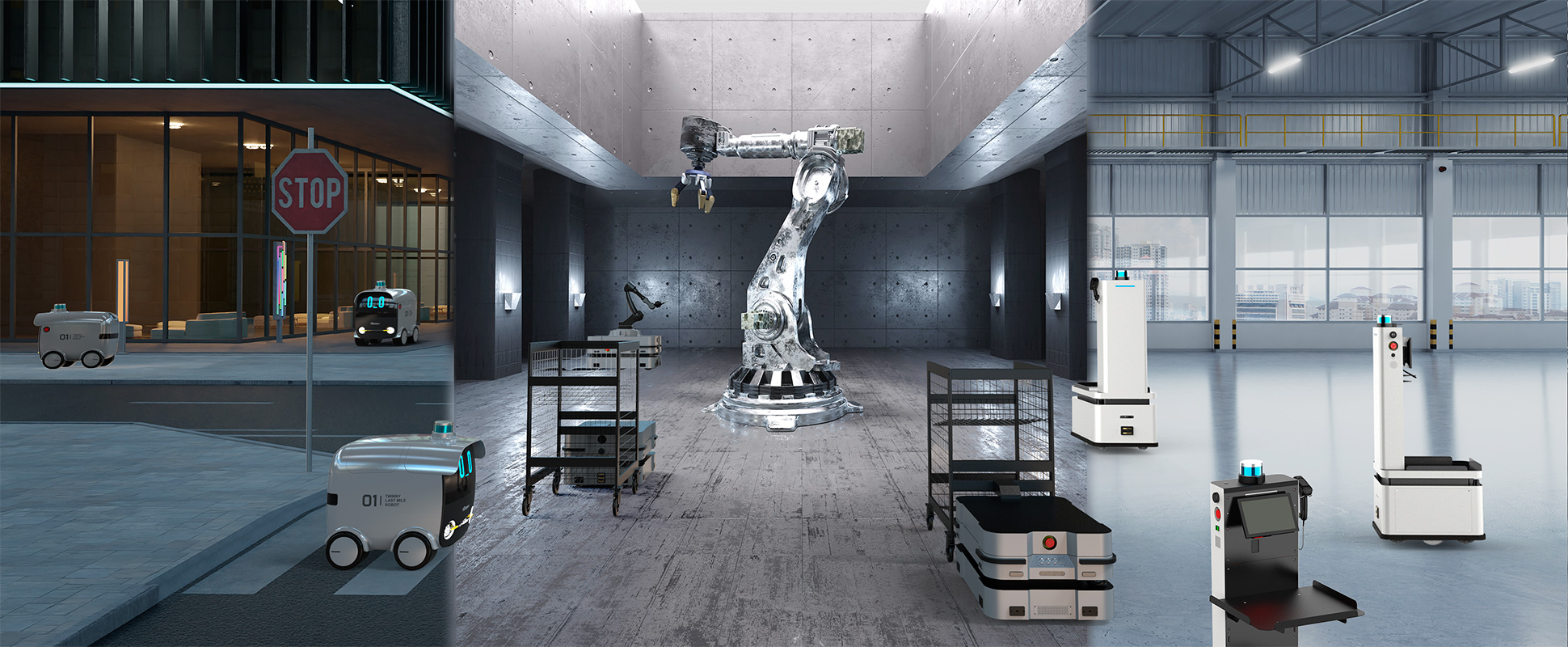The challenge faced by Twinny, as well as other Korean tech SMEs, is how to cultivate future growth momentum to enhance the country’s technological prowess

Although South Korea boasts exceptional engineering pedigree in the emerging robotics industry, many of the country’s homegrown robotics researchers tend to diverge from the field, opting for careers in smartphone development or other more developed markets. This ‘brain drain’ effect has been a notable issue in Korea over the last decade, however, the recent global pandemic presented opportunities to attract highly skilled experts to the Korean robotics industry. An example is the emergence of Twinny, a key company that benefits from the influx of Masters and PhD holders from institutions like Korea Advanced Institute of Science and Technology (KAIST). With these strengthened technological capabilities and a burgeoning market, there is substantial potential in this sector for foreign investors.
“I believe that the only sustainable way for Korean companies to maintain competitiveness in the global arena is to harness our indigenous technological strengths,” says Yeongseok Cheon, co-founder of Twinny. “Rather than focusing on developing service robots, we prioritize nurturing our own technological capabilities. The challenge faced by Twinny, as well as other Korean domestic companies, is how to cultivate future growth momentum to enhance our technological prowess. This entails reducing our reliance on large conglomerates and instead channeling our efforts into bolstering the technological capacities that can propel us into global niche markets.”
To ensure the competitiveness and survival of Korean SMEs in the global arena, Twinny recognizes the importance of focusing on its core competencies, says Mr. Cheon, who founded the company with his twin brother Hongseok.
“The rest must be achieved through collaboration and partnerships. Our core competency lies in autonomous software, enabling us to navigate various challenges with our robotic solutions. With 160 employees, some might consider Twinny relatively large for an SME. However, we remain far from complacent and aspire to rival larger entities on the global stage.”
0 COMMENTS